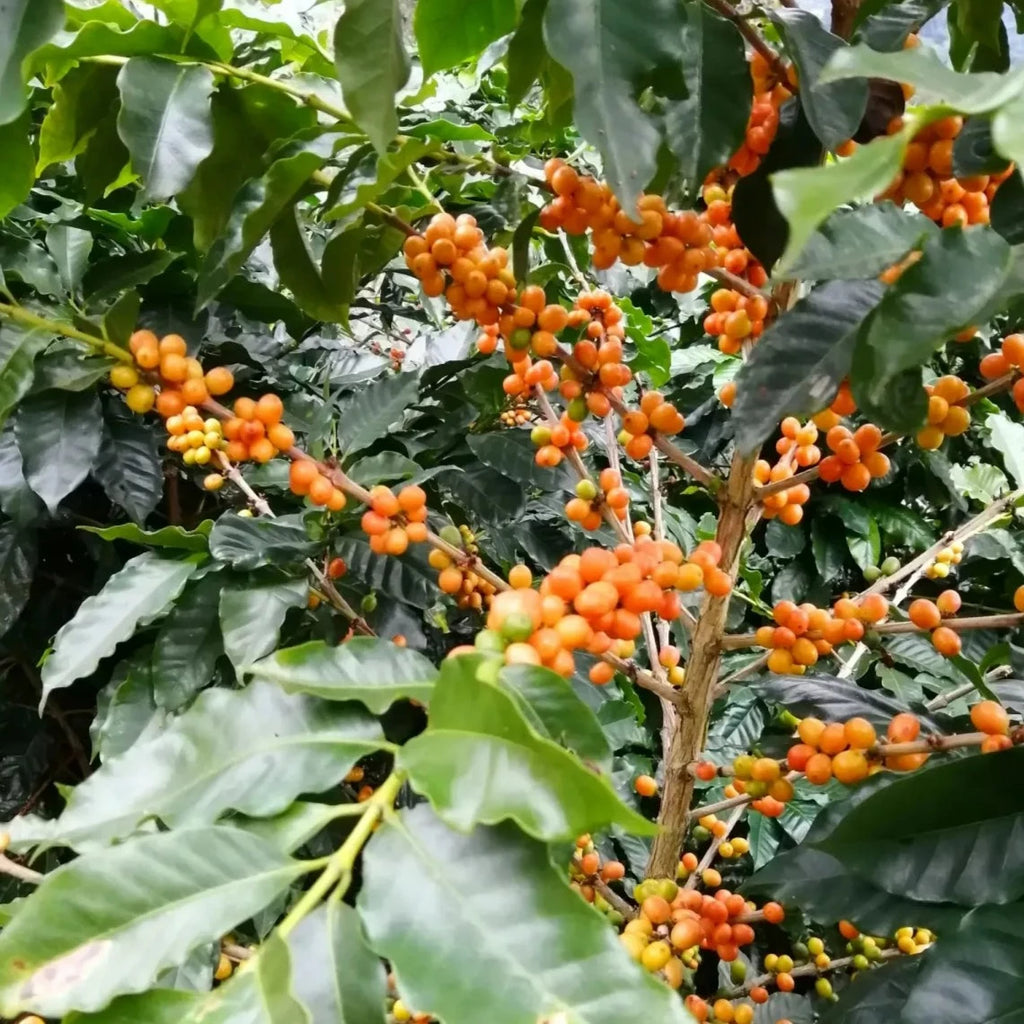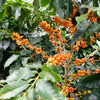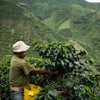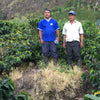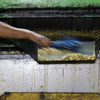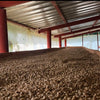Your cart is currently empty!
Colombia
Finca San Gabriel Orange Tabi - Huila
€14.30
Colombia Espresso & Moka Pot
Finca San Gabriel Orange Tabi - Huila
Finca San Gabriel in Colombia is known for its high-quality Orange Tabi varietal. This microlot offers flavors of candied lemon, mirabelle plum, and floral notes. Roasts on , ships on
Colombia holds the distinction of being the largest producer of washed coffee globally and ranks as the third-largest coffee producer in the world, following Brazil and Vietnam.
Situated in the small town of Oporapa in Huila, Colombia, Finca San Gabriel lies nestled amidst the peaks of the Andes Mountains, at elevations ranging from 1500 to 1900 meters. Originally, the farm primarily focused on cultivating bananas and cocoa. Even today, the coffee plantation bears the influence of its past with old banana and cocoa trees dotting the landscape. These unique elements impart a distinctive character to the coffee grown there, resulting in a sweet taste and a complex aroma. Additionally, the fruits from these aged trees serve as a means of sustenance for the plantation workers.
The plantation spans 34 hectares, with 26 hectares dedicated to coffee cultivation. These coffee-growing areas are divided into plots that vary in elevation and soil composition. The exceptional microclimate, characterized by the altitude and warm winds emanating from the nearby valley, along with the fertile volcanic soil, contribute to the production of high-quality coffee on the plantation.
Colombian coffee stands out among its counterparts as it is available in bulk throughout the year. This is due to the privileged location below the equator line, which offers ideal weather conditions.
The peak flowering period for the coffee plants occurs from January to March, followed by a secondary flowering phase from July to September. The main harvest takes place from September to January, with an intermediate harvest occurring from April to July. During the harvest season, a workforce of over 70 local pickers carefully handpick the coffee beans. The plantation boasts different varieties of coffee, including Castillo, Caturra, and Tabi. However, this particular lot exclusively comprises the Orange Tabi varietal.
The Tabi varietal originated in Colombia, and was developed by Cenicafe in 2002. It was created by crossing the Bourbon and Typica varietals with the Timor Hybrid. Tabi closely resembles Bourbon and Typica in terms of its tall stature and long branches, albeit with slightly larger fruits and seeds. One of Tabi's significant qualities is its resistance to coffee leaf rust, while still maintaining excellent cup quality characteristics inherited from its parent varietals, Bourbon and Typica. The name "Tabi" derives from the Guambiano dialect, spoken by a native Colombian tribe, and translates to "good."
For the processing of the coffee cherries, they are meticulously handpicked and carefully sorted in several stages to select only the perfectly ripe ones. The preparation follows a fully washed process, involving a wet fermentation period of 12 to 24 hours for the cherries. The cherries are then dried under parabolic dryers at controlled temperature.
In the cup: candied lemon, mirabelle plum, floral, juicy.
Minimum resting period: 10 days from the roast date for espresso roast.
| Origin |
|---|
| Colombia |
| Region |
| Oporapa - Huila |
| Producer |
| Finca San Gabriel |
| Elevation |
| 1500 - 1900 masl |
| Varietals |
| Orange Tabi |
| Processing method |
| Fully washed, dried on parabolic dryer |
| Roast |
|
Two profiles available: For espresso & moka pot For filter |
| Tasting Notes |
| Candied lemon, mirabelle plum, floral, juicy. |



